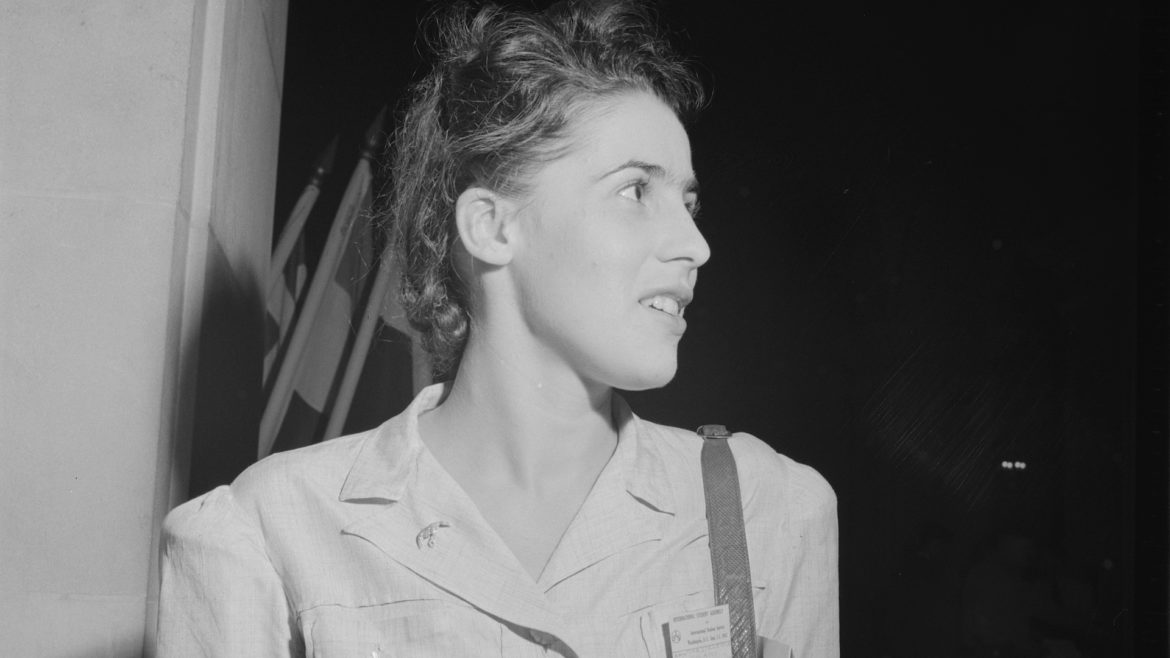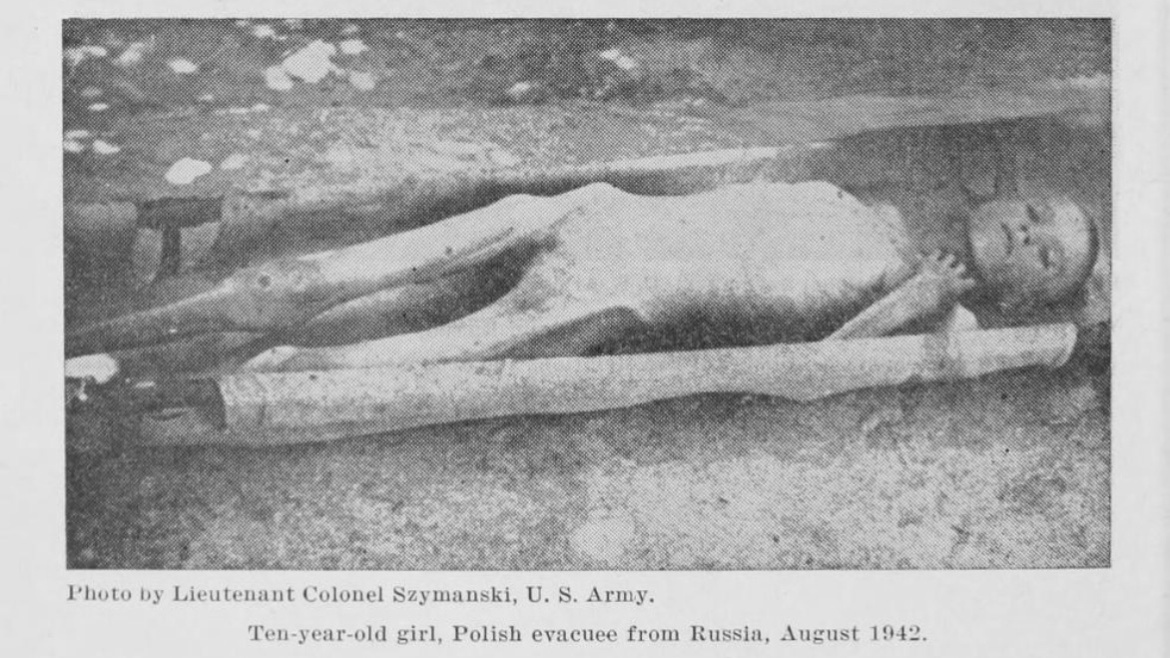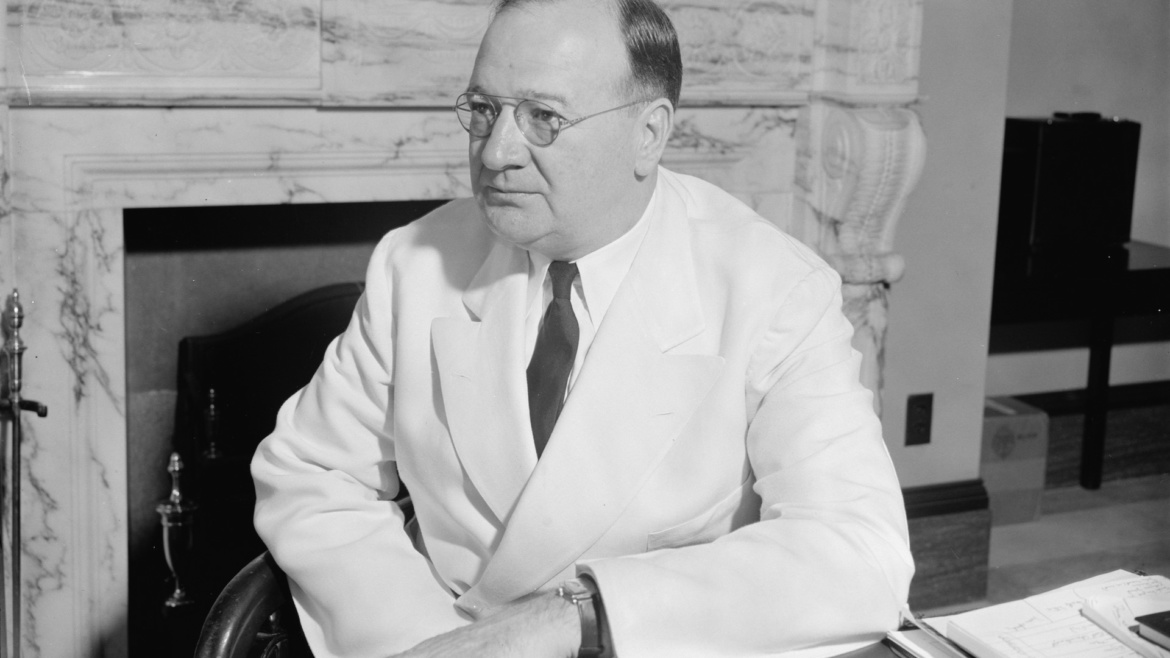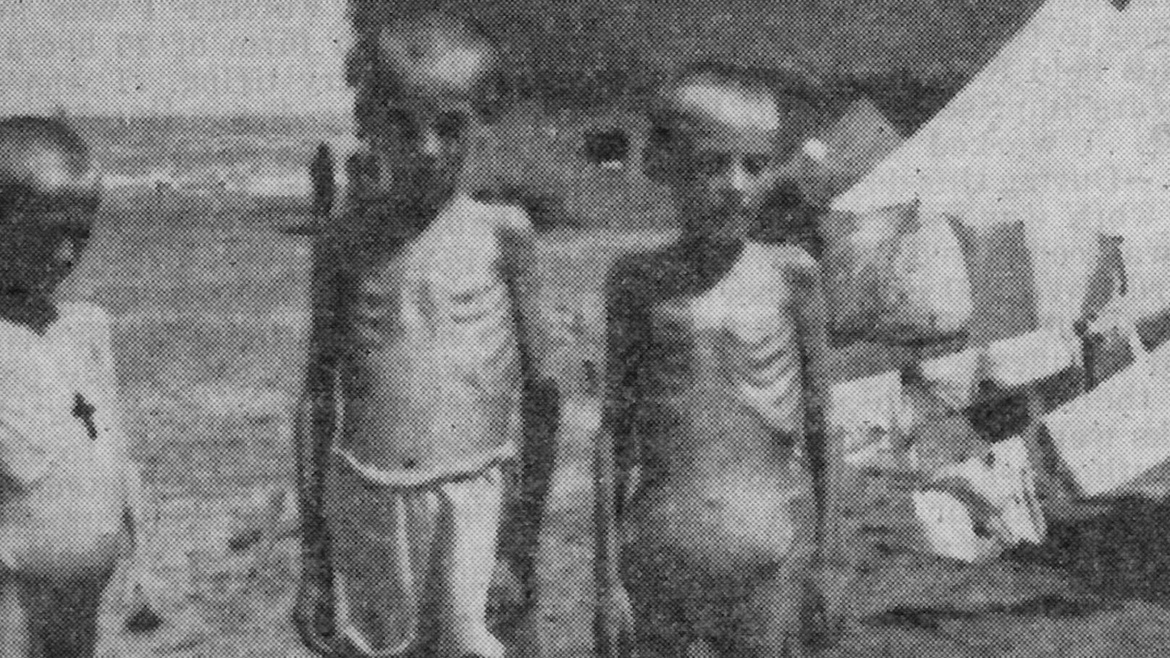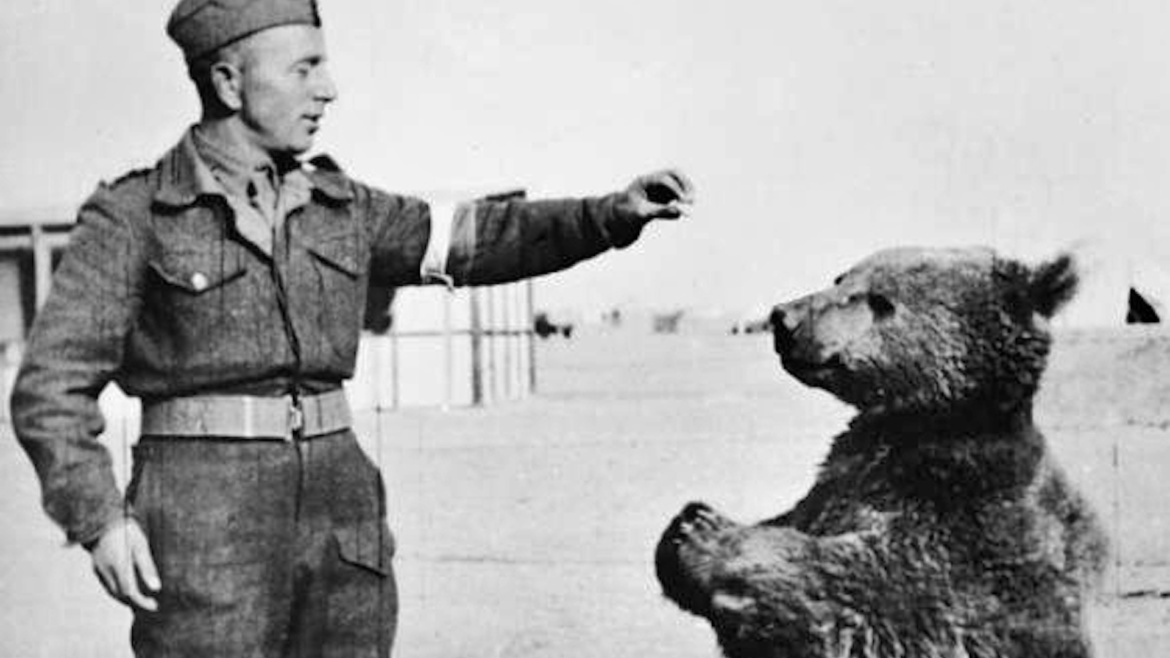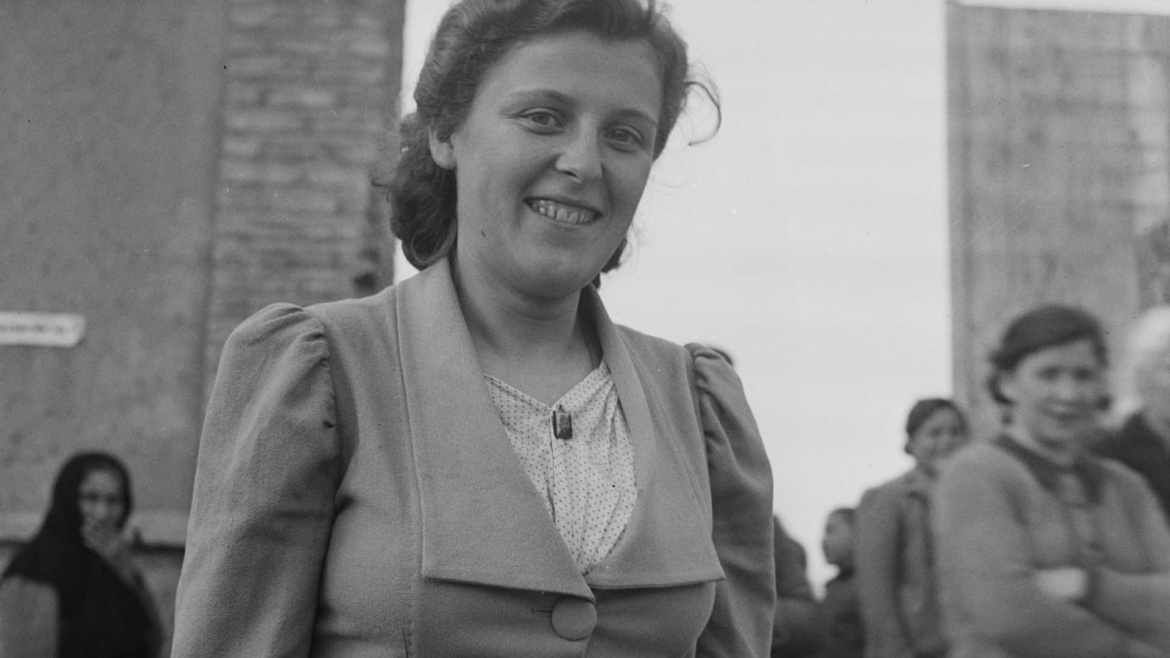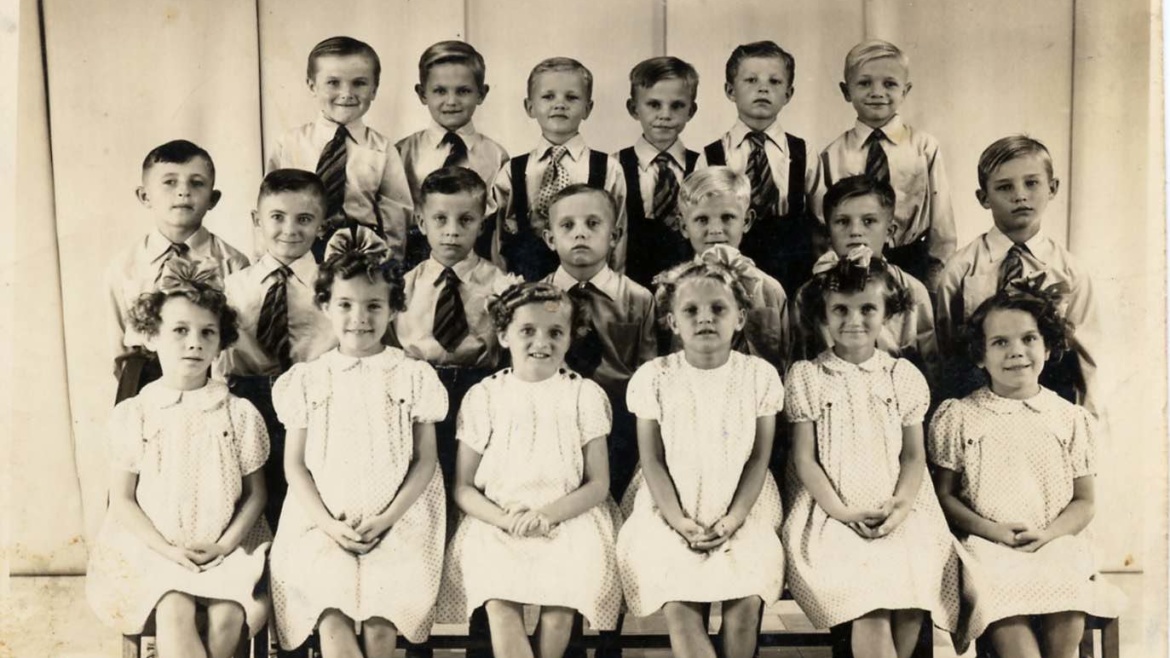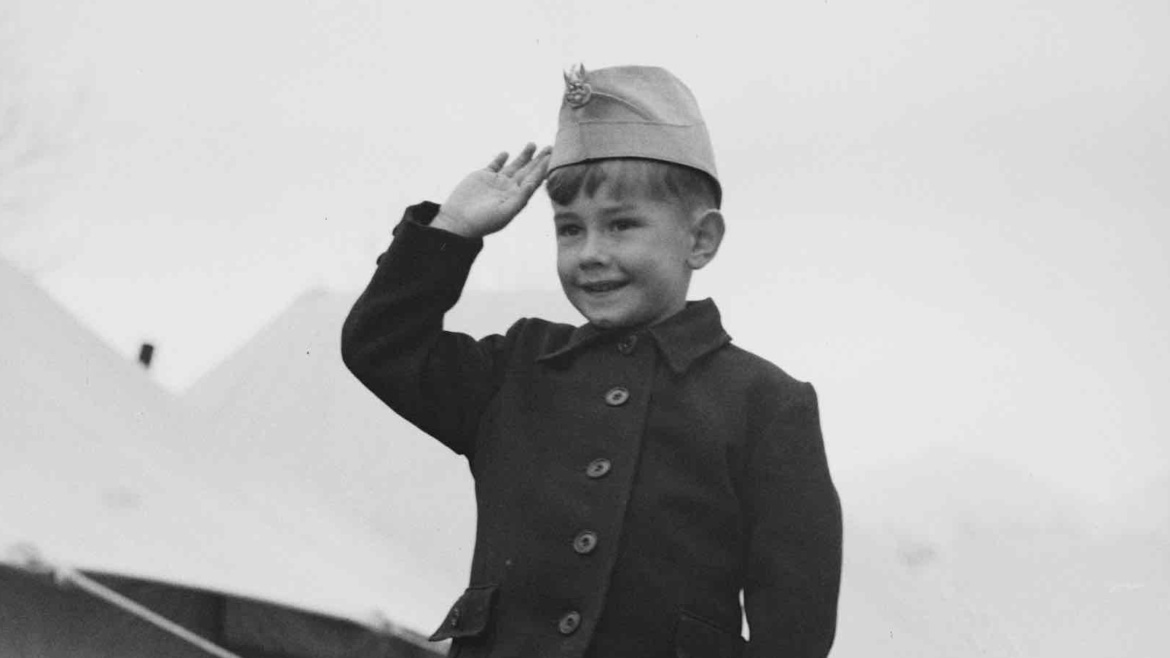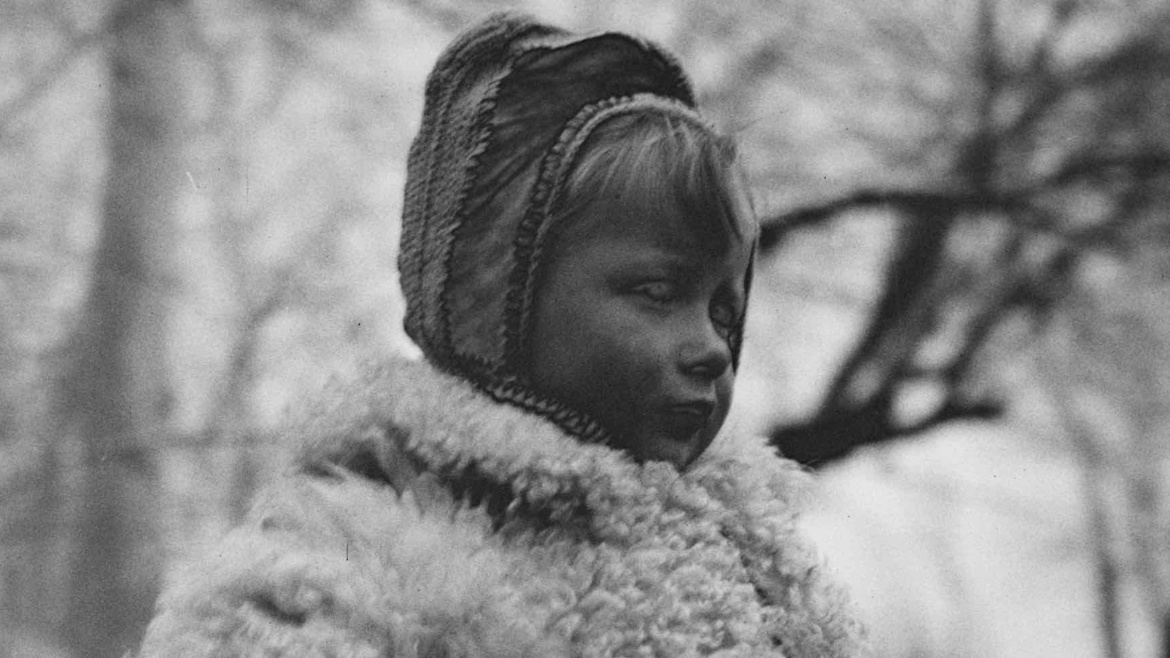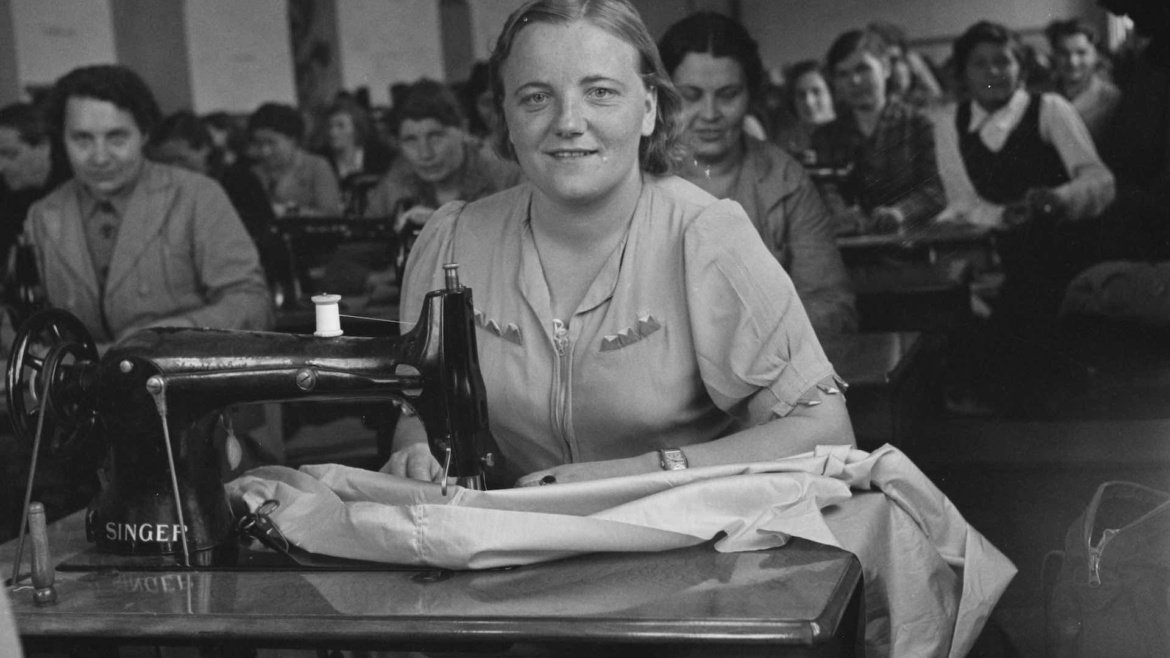A story about U.S. OWI and Voice of America (VOA) pro-Soviet propaganda originally published by the Online Cold War Radio Museum Ted Lipien for Cold War Radio Museum September 1, 2016 The Office of War Information (O.W.I.), established by Executive Order No. 9182 of June 13, 1942, was the WWII-era domestic and foreign propaganda agency of the U.S. Executive Branch reporting…
